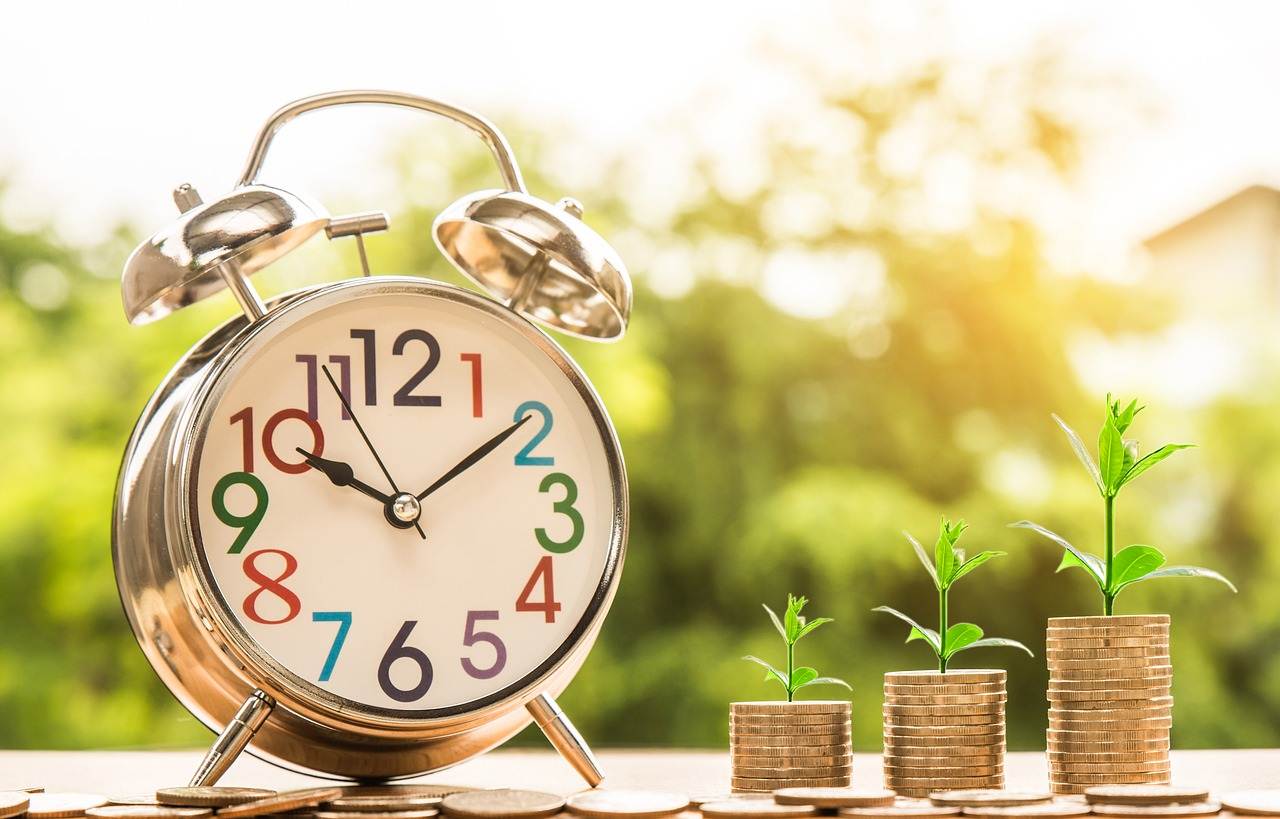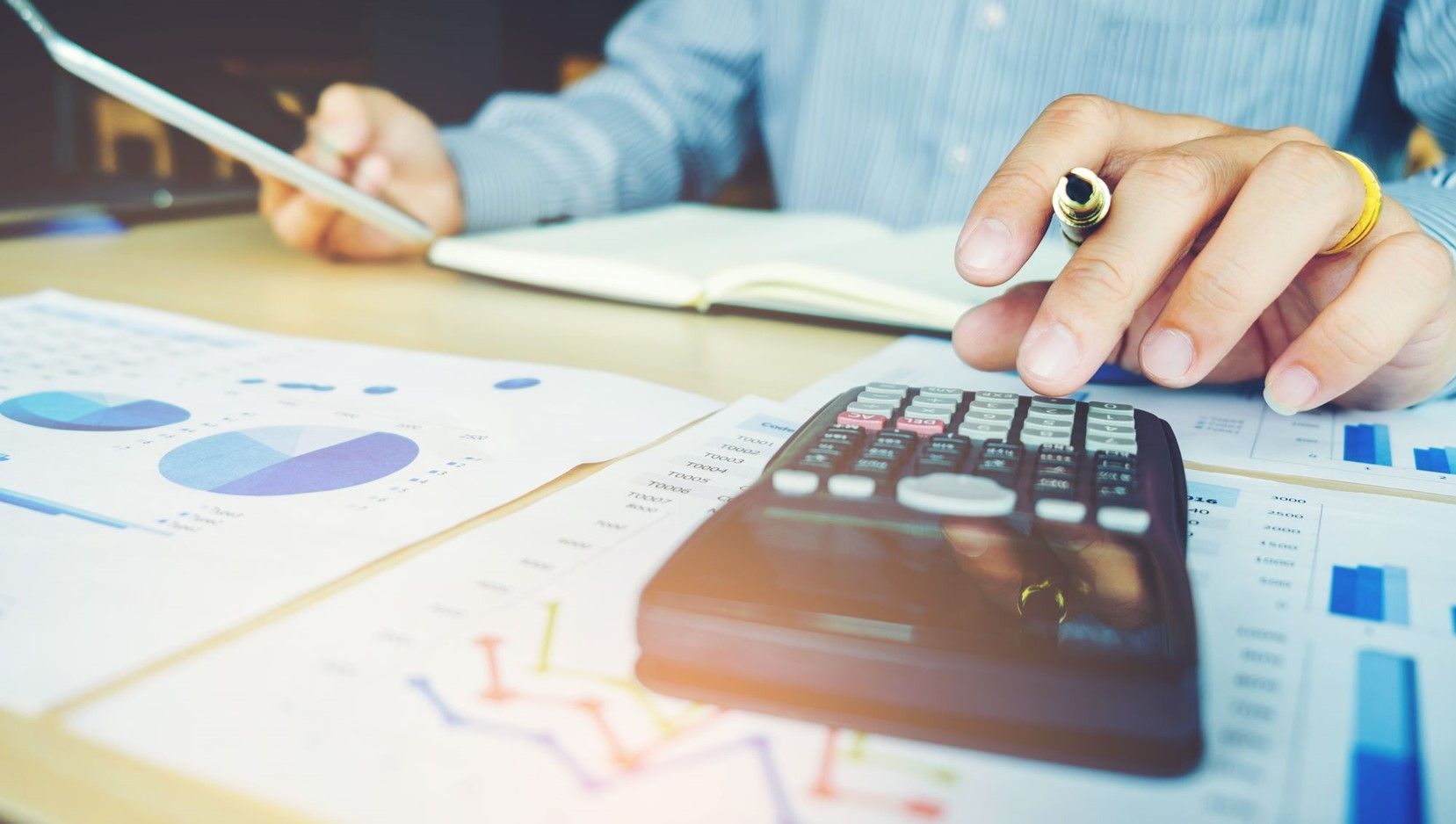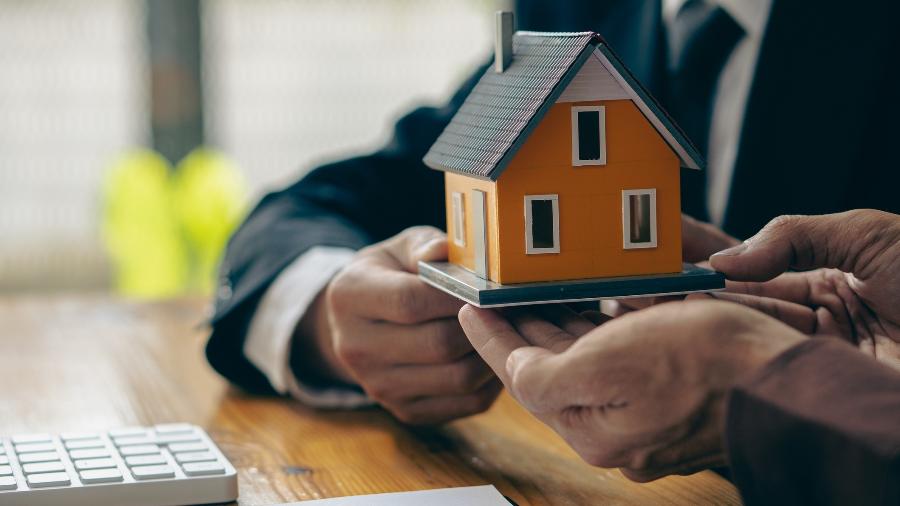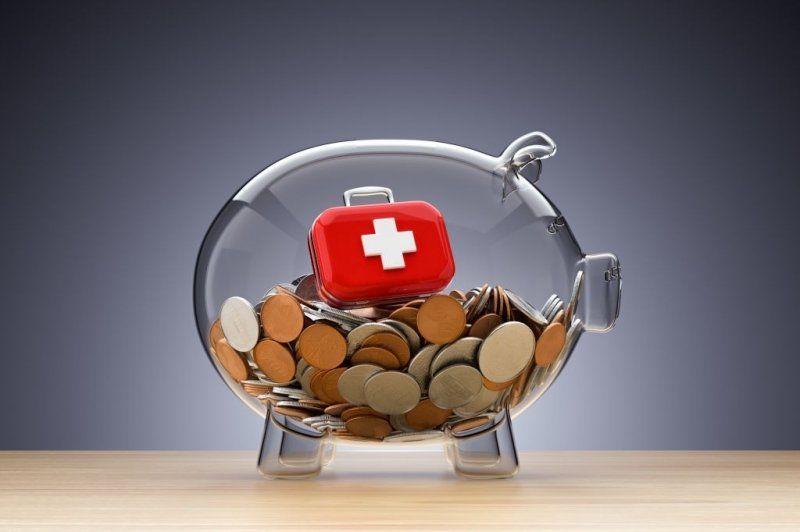
Having an emergency fund is essential for anyone who wants to maintain financial stability.
However, many people do not see the need to have one and view it as an unnecessary expense.
What is an emergency fund
An emergency fund is a savings set aside to cover any unforeseen expenses or unexpected situations that may arise in the future, such as an illness, accident, job loss or costly home repair.
This type of fund should be made up of an amount of money that will cover the necessary expenses for a certain period of time without having to resort to loans or credit cards, which can create more financial problems in the long run.
Having an emergency fund not only provides financial security for unexpected situations, but can also reduce the stress and anxiety associated with financial crises.
Why it is important to have an emergency fund
Having an emergency fund is essential to be prepared for any unforeseen situation that may alter our economy and destabilize our personal finances.
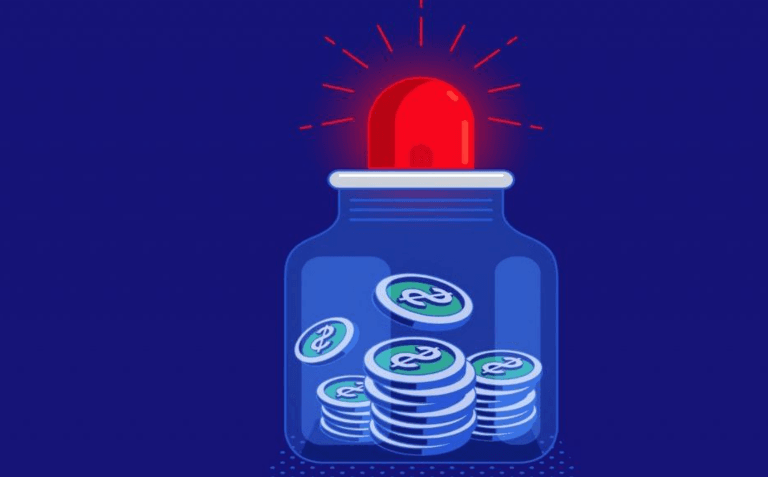
Having a financial cushion allows us to face unforeseen expenses such as illness, job loss, home repairs, among others.
In addition, it also gives us peace of mind and economic security in times of uncertainty.
It is important to note that the emergency fund should be a priority in our monthly budget.
It is generally recommended to save between three and six months of fixed expenses to be prepared for any unforeseen event.
Not having an emergency fund can lead to difficult situations such as having to resort to loans with high interest rates or even falling into unpayable debts.
How to create an emergency fund
An emergency fund is a reserve of money that is used to meet unforeseen expenses or unexpected situations, such as job loss or illness.
It is important to have an emergency fund to be prepared for any eventuality and to avoid accumulating debts.
The ideal is to allocate between 10% and 20% of our monthly income to the emergency fund.
To begin with, you can start by saving a small amount of money each month and increase it progressively.
A good way to save is to automate the process by scheduling a monthly transfer to a separate account set aside exclusively for the emergency fund.
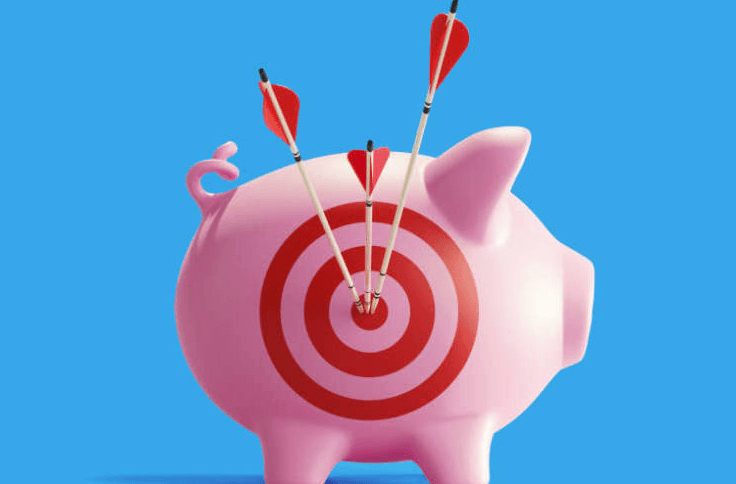
It is also important to choose an account that offers high profitability and low commission to maximize savings.
In summary, to create an emergency fund it is necessary to establish a regular savings plan, automate the process, choose an account with high profitability and low commission, and reach a savings equivalent to between 3 and 6 months of our monthly expenses.
Be consistent and disciplined in the savings process
In order to have a solid emergency fund, it is important to be consistent and disciplined in the savings process.
This means that you should set realistic and achievable goals to save a fixed amount of money each month.
You can do this automatically through your bank account, so you don't have to think about it every time.
Another way to maintain discipline is to avoid unnecessary temptations, such as buying things you don't need or spending money on luxuries.
Keep in mind that every peso you spend unnecessarily is one less peso you could be saving for your emergency fund.
Don't get discouraged if it seems that the saving process is slow at first. The important thing is to keep going and be constant in your efforts.
Conclusion
Unforeseen events can arise at any time and having an economic reserve may be the only option to solve them without falling into debt or difficult financial situations.
Besides giving peace of mind and emotional security, having an emergency fund can also be a way to get better conditions on loans or investments in the future.
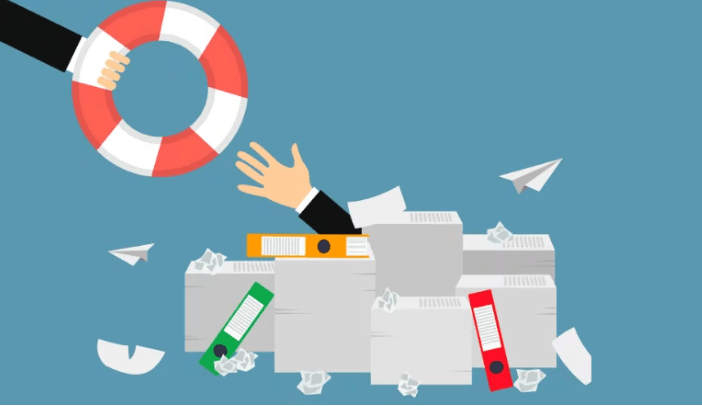
Don't wait any longer, start saving for your emergency fund and you will be prepared for any eventuality that may arise.


